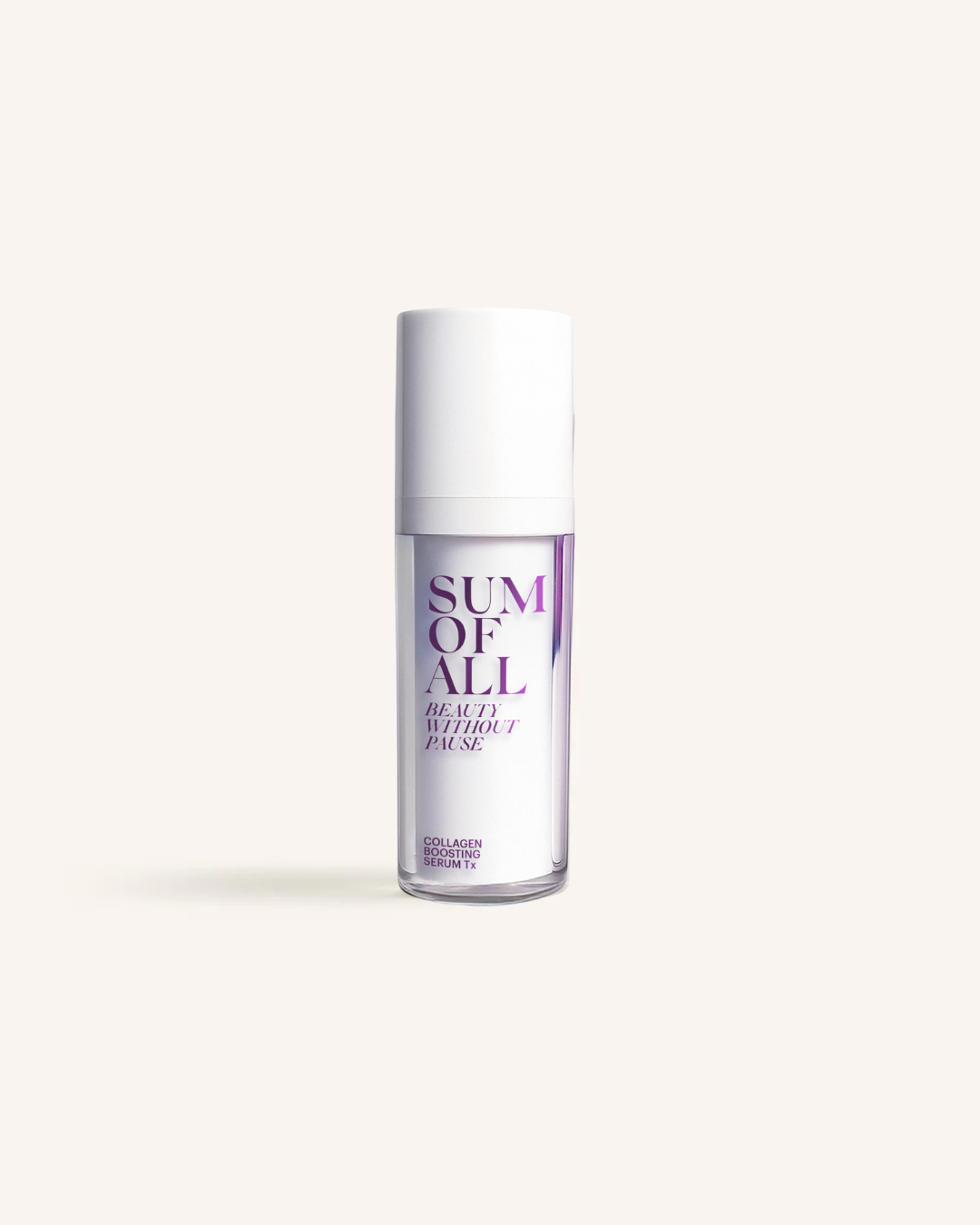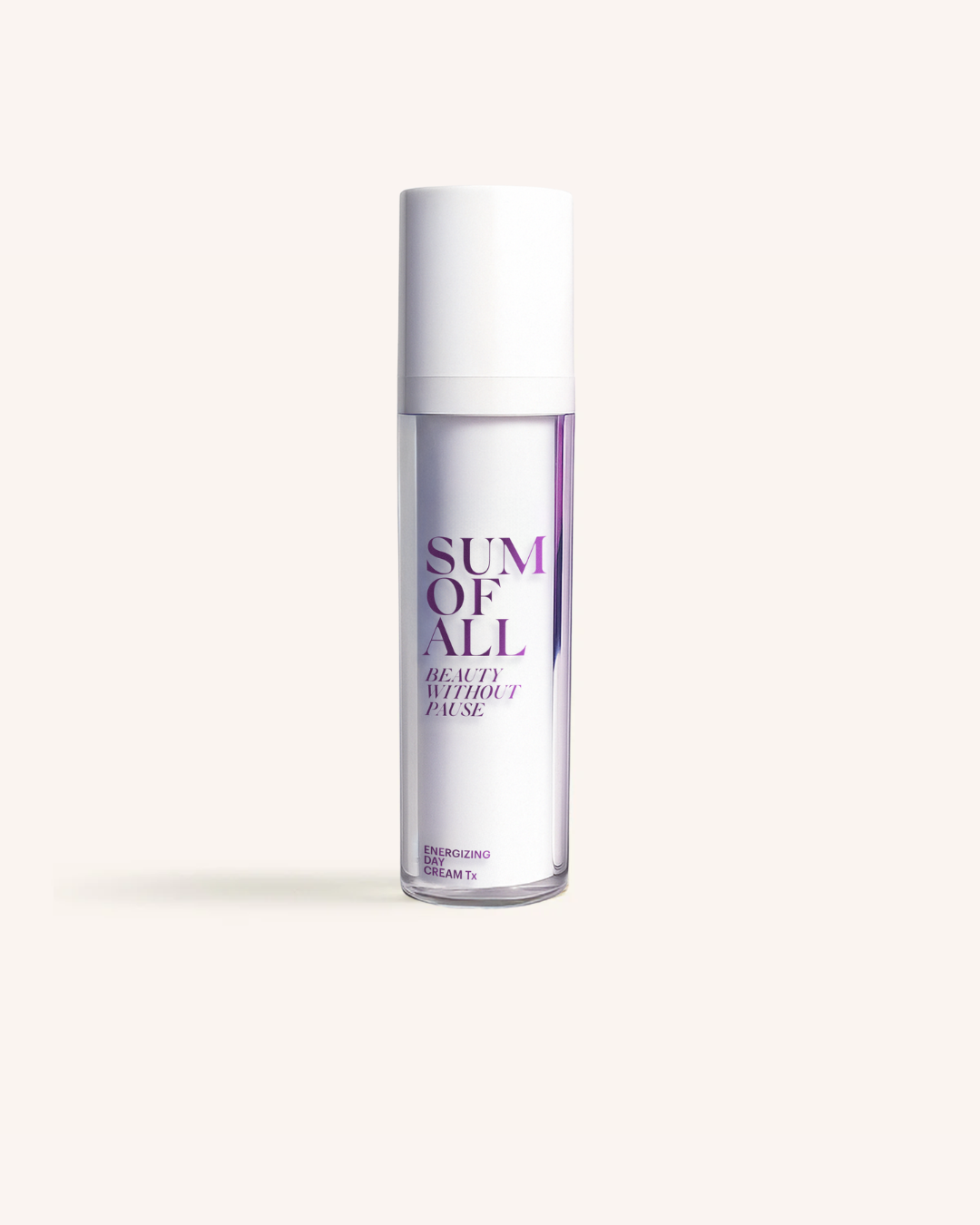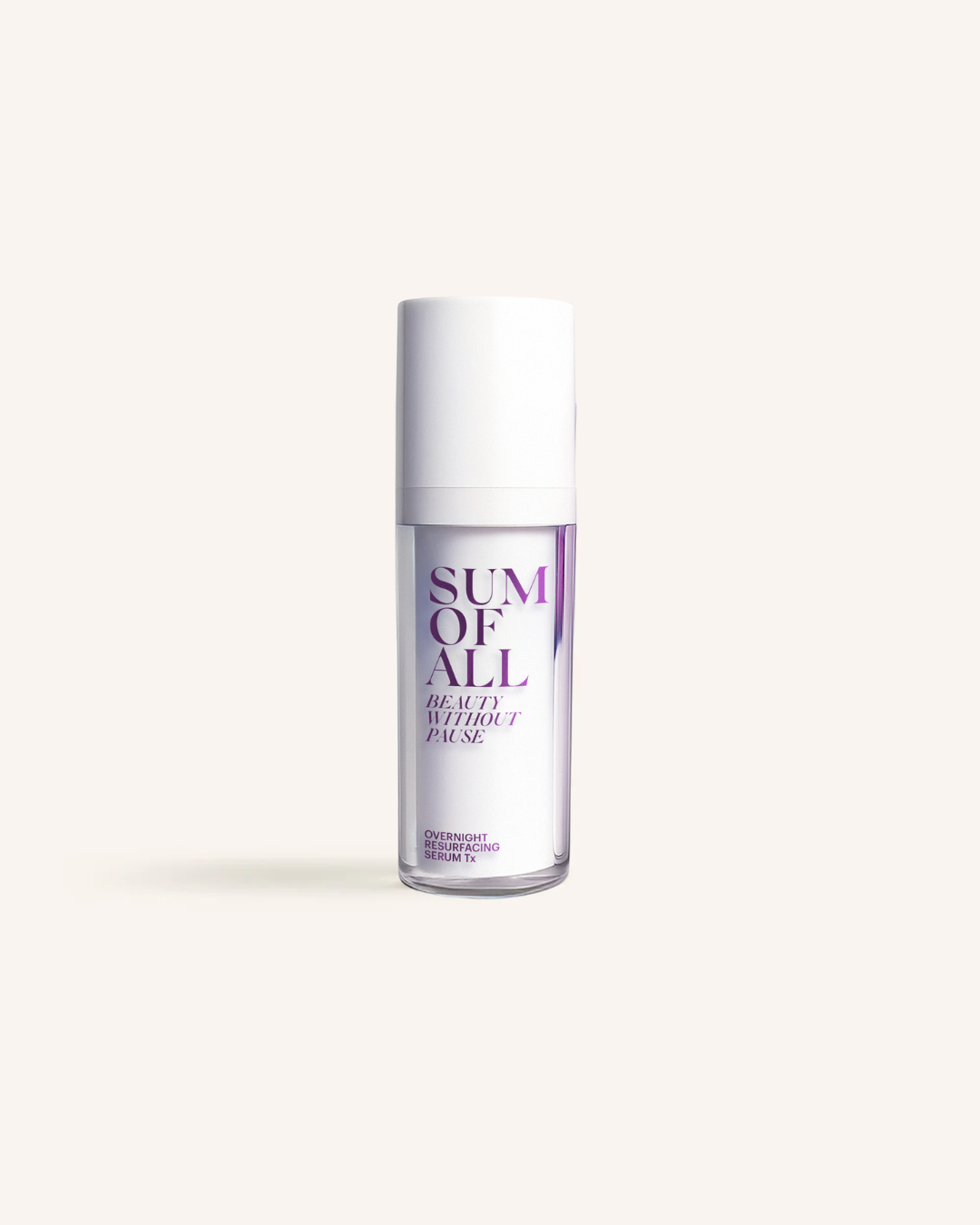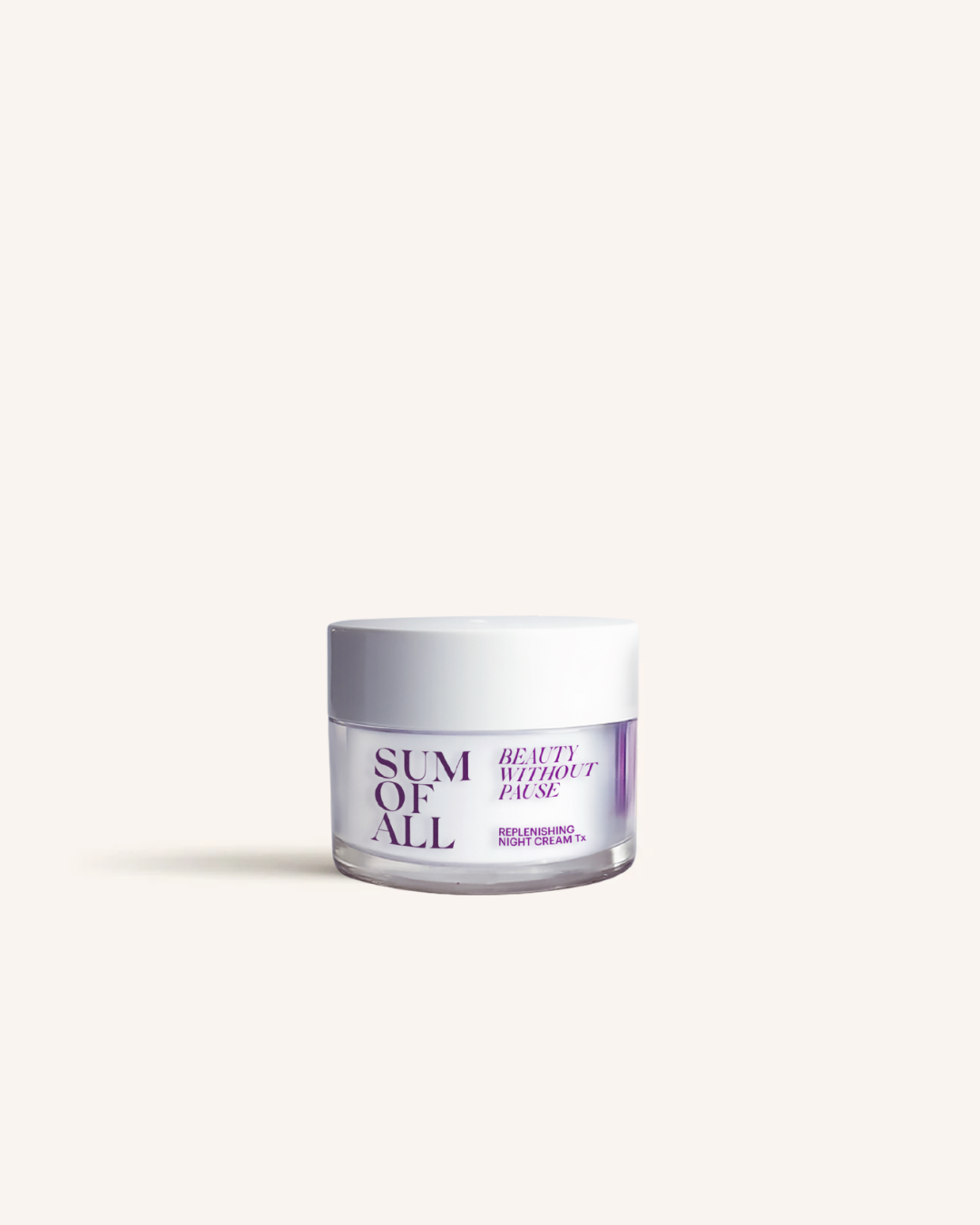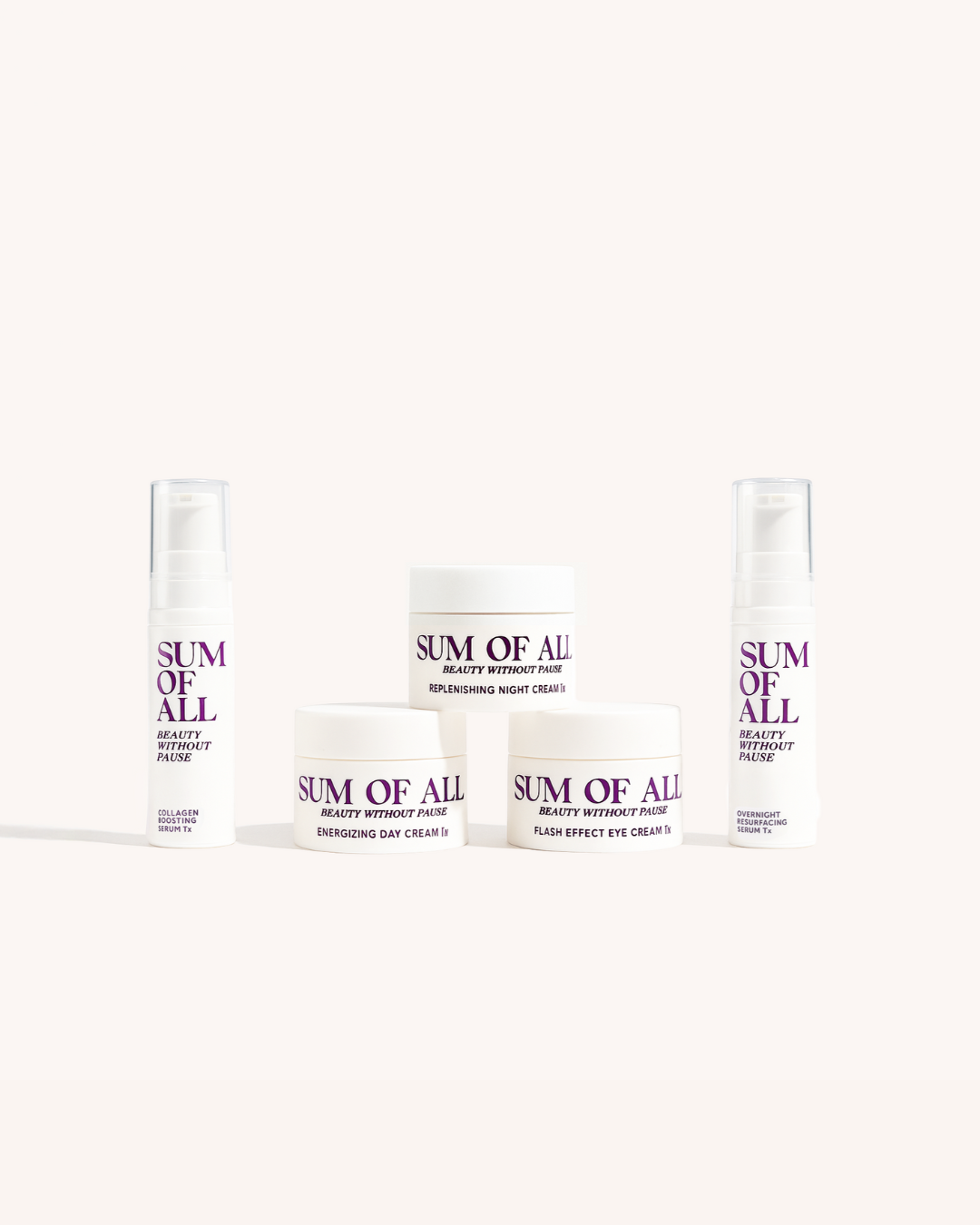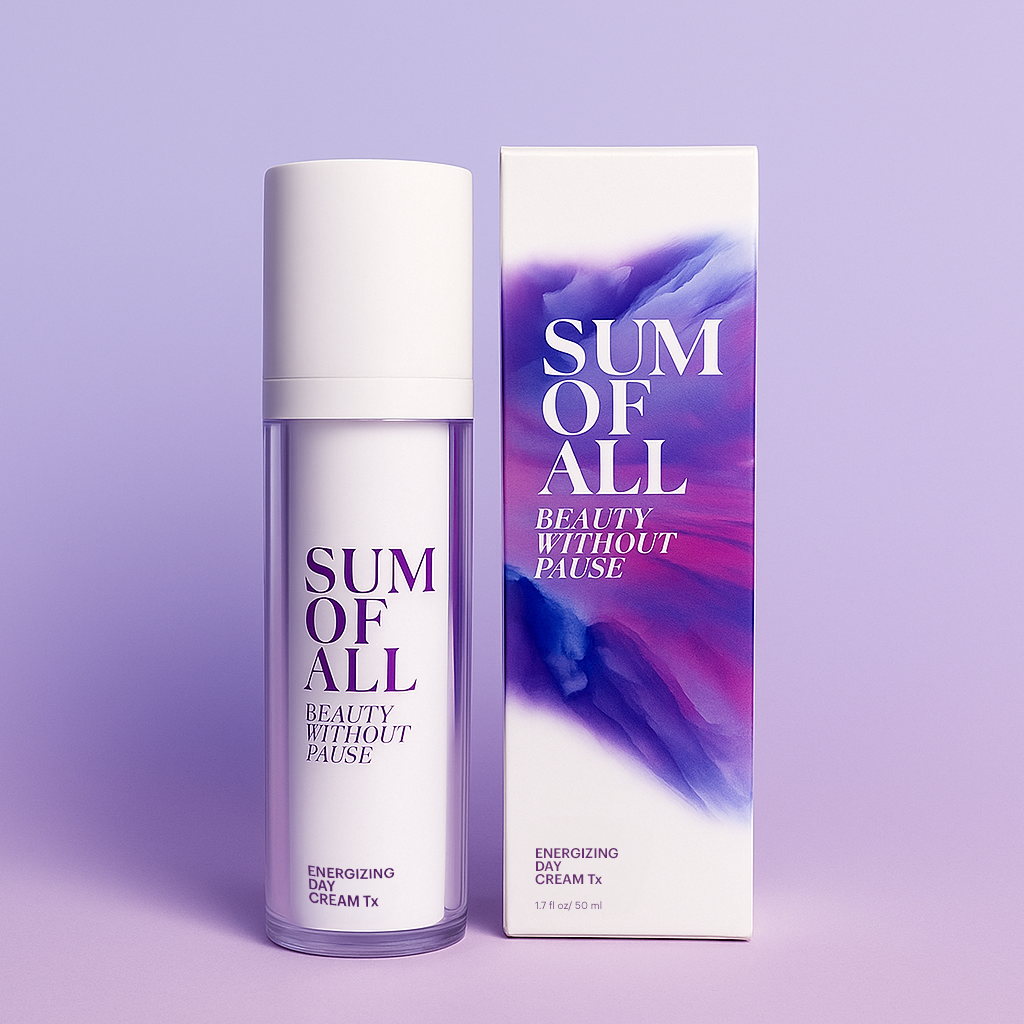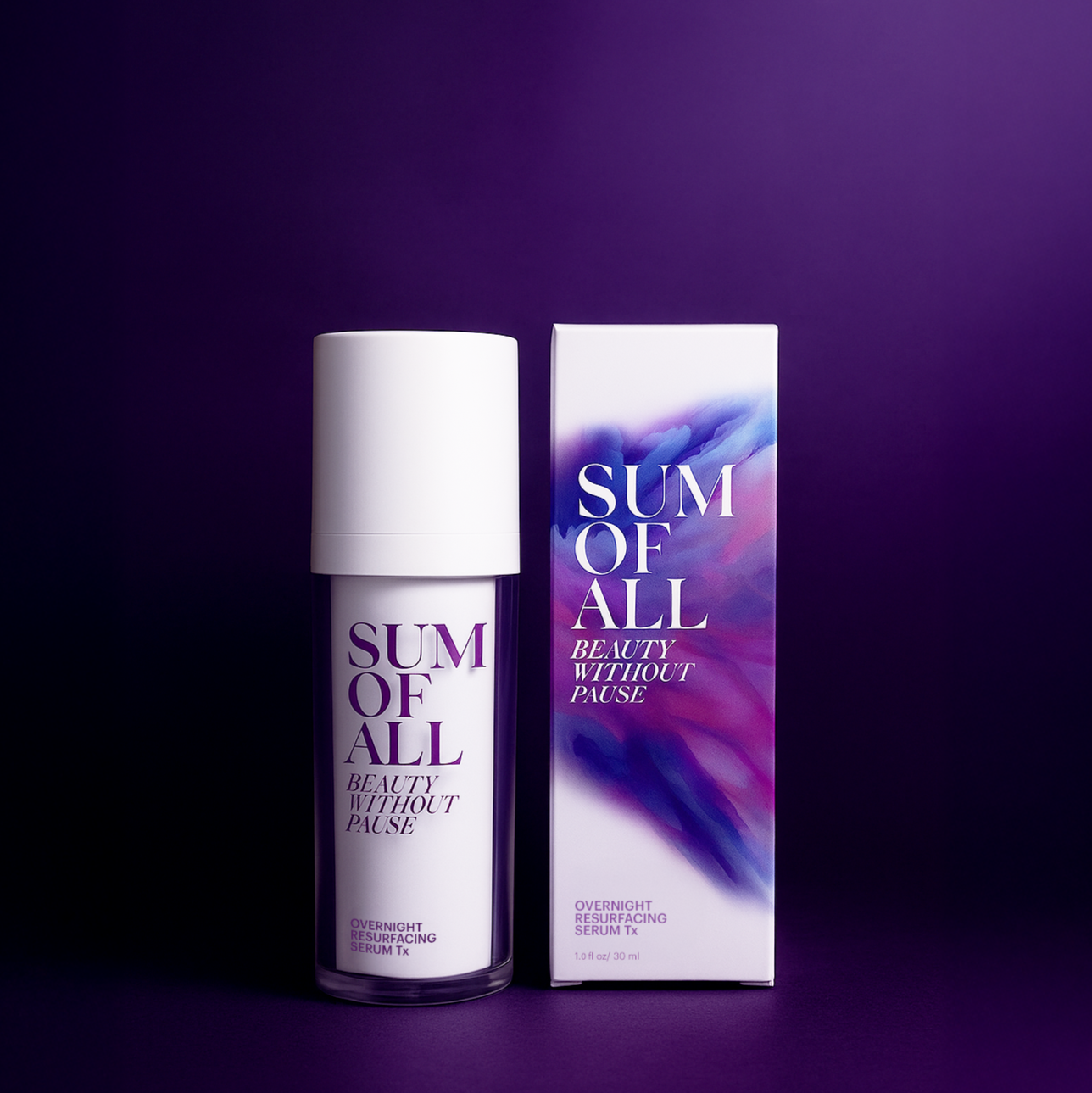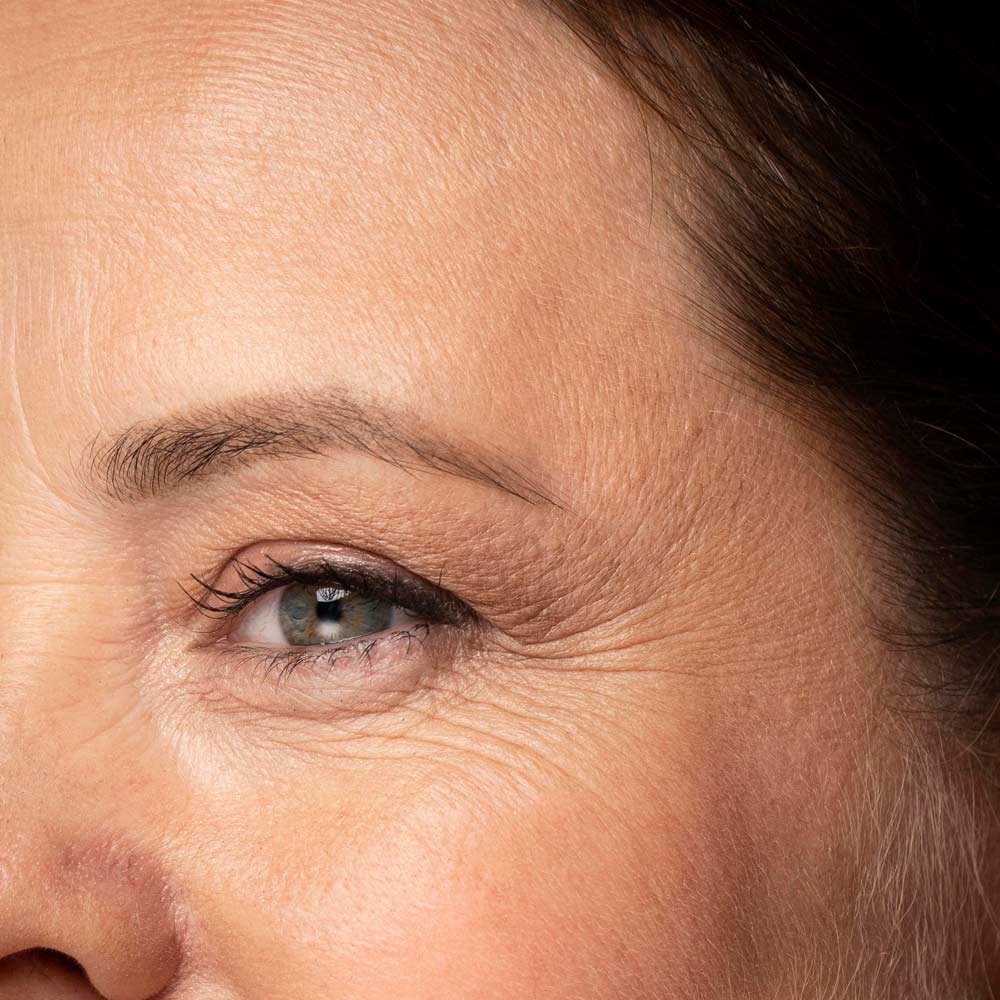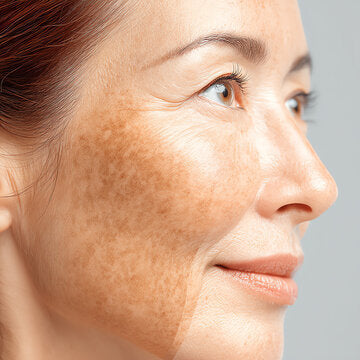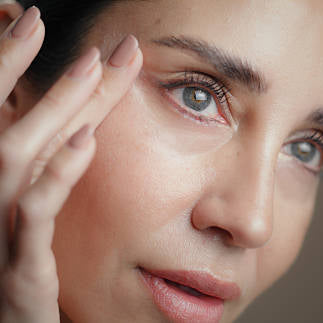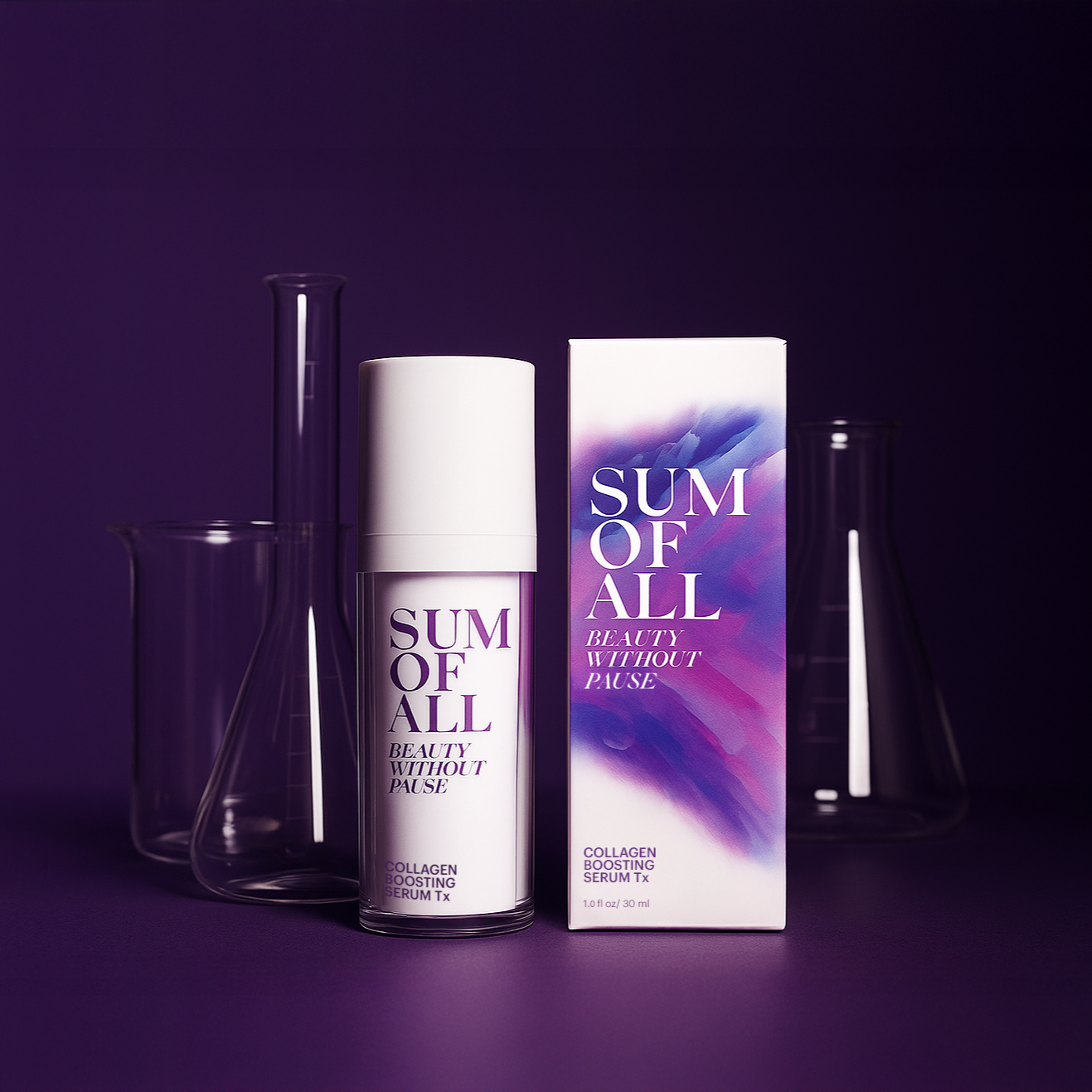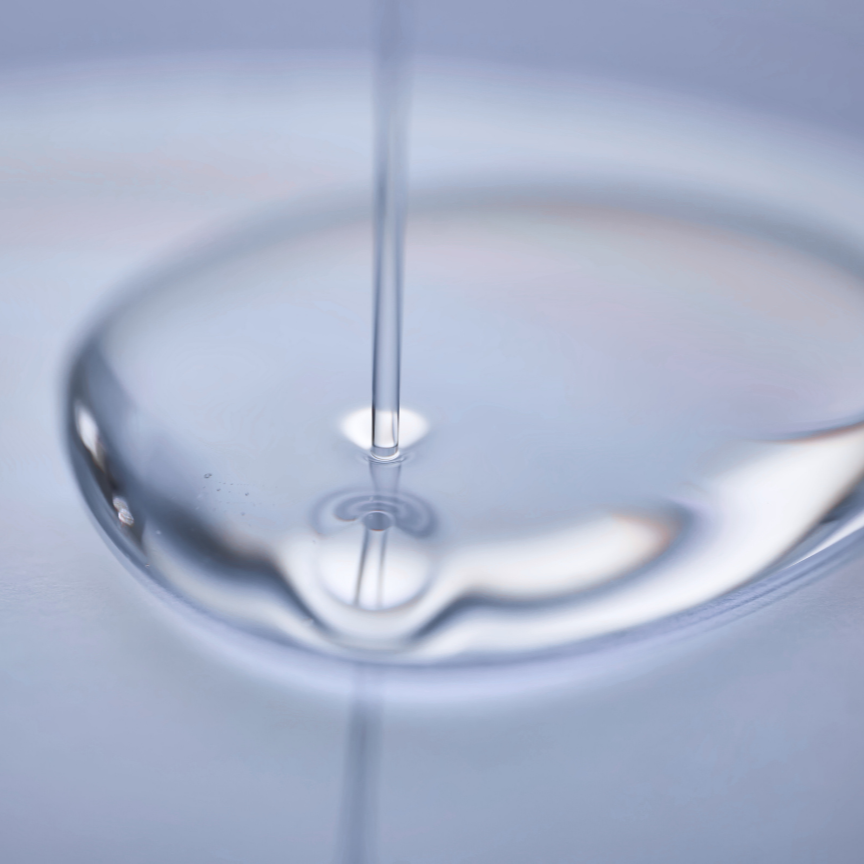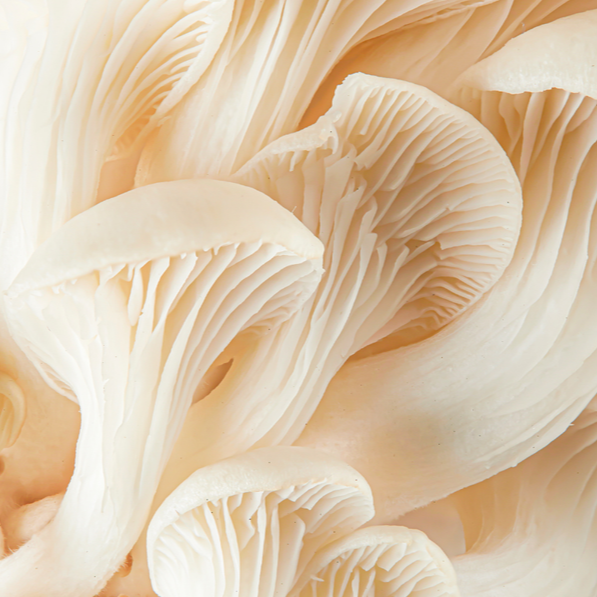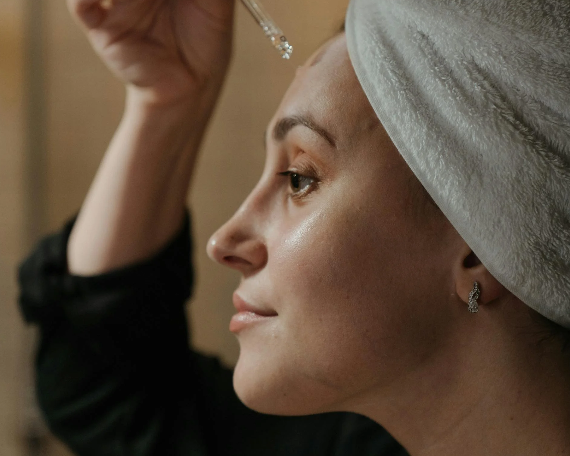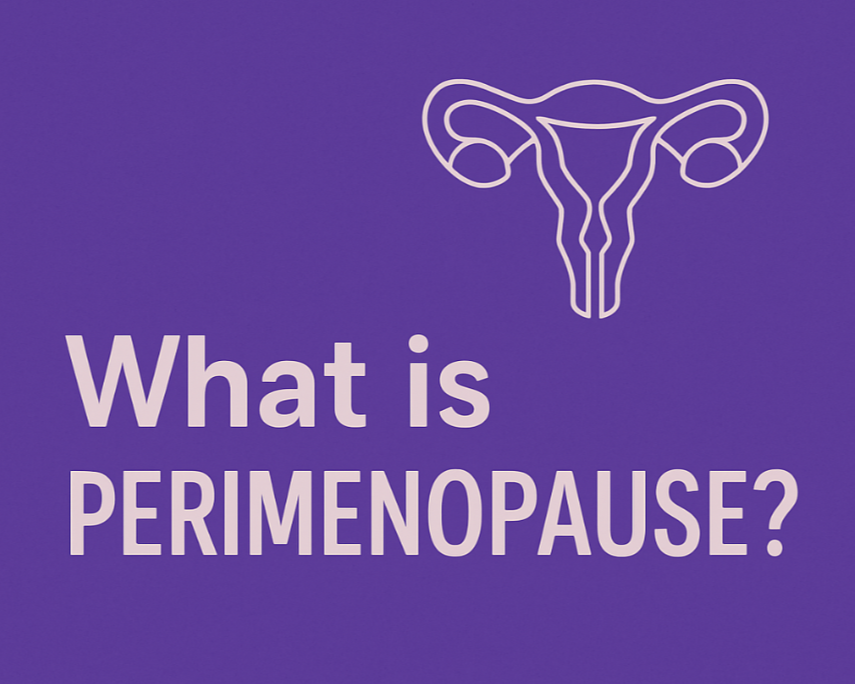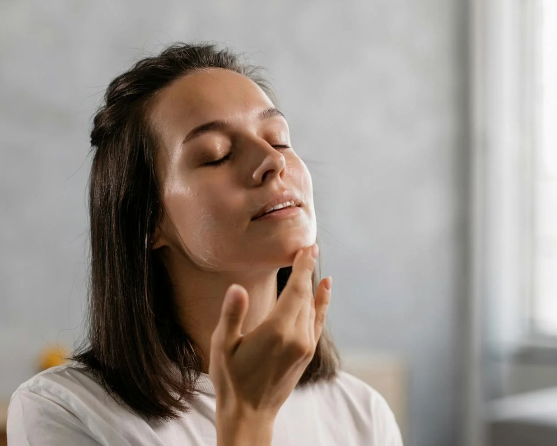In your 20s, skipping moisturizer for a day or two might not have made much difference. In your 30s, it became more important, especially during colder months. But once you reach your 40s and 50s, moisturizing isn’t optional - it’s essential.
Why? Because your skin changes, and its needs evolve.
If your trusted skincare products suddenly seem less effective or your skin feels tight, dull, or dry no matter how much water you drink, it’s not your imagination - and it’s not your routine failing you. Your skin is simply asking for a new kind of care.
Here’s why moisture becomes more critical as you age and how to give your skin what it truly needs.
The Connection Between Hormones and Hydration
Around your 40s, estrogen levels begin to decline - a change that accelerates through perimenopause and menopause. Estrogen does far more than regulate reproduction. It helps maintain skin that’s plump, elastic, and hydrated.
When estrogen levels drop, you may notice:
-
A thinner, weaker skin barrier
-
Decreased natural oil production
-
Increased water loss through the skin
-
Lower natural hyaluronic acid levels
This doesn’t just create “dry skin.” It causes dehydration driven by hormonal changes, leaving skin dull, tight, and more sensitive.
Understanding What “Moisture” Really Means
Not all moisturizers work the same way. A good midlife moisturizer does more than coat the surface - it hydrates deeply, nourishes, and strengthens the barrier to prevent moisture loss.
Look for formulas that include:
-
Humectants such as hyaluronic acid or Tremella mushroom to attract water to the skin.
-
Emollients like Tsubaki oil or plant-based lipids to smooth and soften.
-
Occlusives such as algae-derived ingredients or ceramide alternatives to seal hydration in.
Sum of All’s Replenishing Night Cream and Energizing Day Cream are crafted with this precise balance - combining hydration technology, hormonal awareness, and botanical ingredients that work with your skin’s natural rhythm.
Signs Your Skin Needs More Moisture
Not sure if your skin is truly dry or just reacting to weather or stress? Here are some common signs of midlife moisture loss:
-
Tightness after cleansing
-
Rough or uneven texture
-
Redness or irritation
-
Dullness or loss of glow
-
Fine lines that deepen as the day goes on
If these sound familiar, you’re not alone - and your skin isn’t “problematic.” It simply needs more targeted support.
Simple Adjustments That Make a Big Difference
-
Apply a hydrating serum before your moisturizer.
-
Use moisturizer while your skin is still slightly damp to help lock in hydration.
-
Don’t skip your nighttime routine - the skin loses the most moisture while you sleep.
-
Choose hormone-aware formulas that are free from harsh synthetics or fragrances.
Sum of All’s Renewal Regimen Gift Set brings these elements together, helping you maintain hydration, strengthen your barrier, and keep your skin comfortable through hormonal transitions.
Moisture Equals Comfort and Confidence
When your skin is hydrated, it’s not just about appearance. It feels softer, calmer, and more balanced - and that comfort shows.
Midlife isn’t about stripping away. It’s about adding nourishment, both inside and out.
When your skin feels truly cared for, that inner vitality reflects outward - creating a glow that’s not just visible, but deeply felt.
Sources
-
Tobin, D. J. (2017). Introduction to skin aging and barrier function. Journal of Tissue Viability. https://pubmed.ncbi.nlm.nih.gov/31040602/
-
Stevenson, S., & Thornton, J. (2022). The effects of estrogens on skin aging and hydration. Dermato-Endocrinology. https://pubmed.ncbi.nlm.nih.gov/35939088/
-
Papakonstantinou, E., Roth, M., & Karakiulakis, G. (2017). Hyaluronic acid: A key molecule in skin aging. Dermato-Endocrinology. https://pubmed.ncbi.nlm.nih.gov/29271409/
-
Rop, O., et al. (2019). Tremella fuciformis and its role in skin hydration. Mycobiology. https://pubmed.ncbi.nlm.nih.gov/31223972/
-
Li, H., et al. (2014). Antioxidant and barrier-repairing activities of Tsubaki (Camellia japonica) oil. Food Chemistry. https://pubmed.ncbi.nlm.nih.gov/24868818/
-
Pereira, L. (2018). Algal polysaccharides in cosmetic formulations. Marine Drugs. https://pubmed.ncbi.nlm.nih.gov/29115564/
Read more
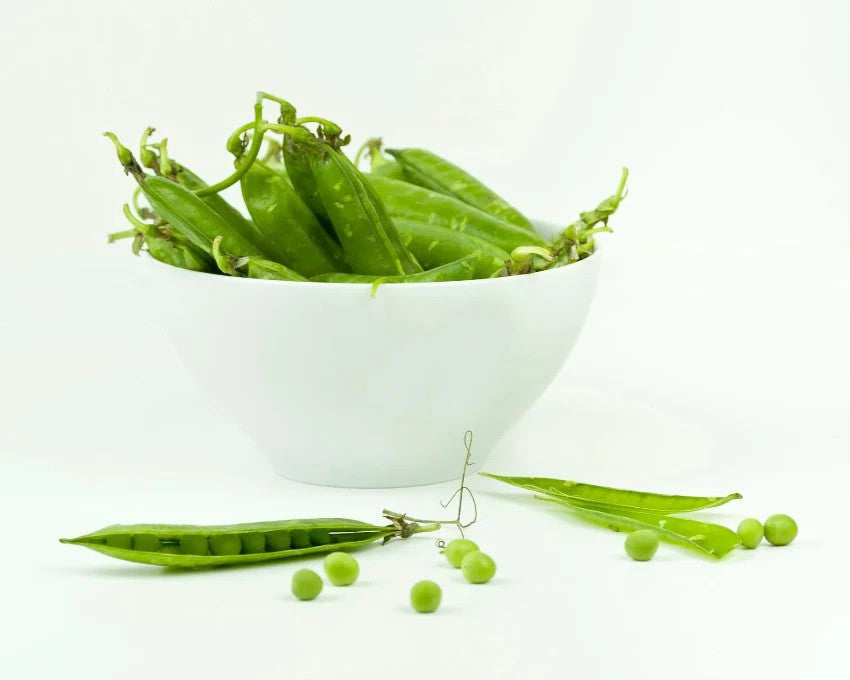
Pea Extract, derived from Pisum sativum (the common garden pea), is a nutrient-dense botanical prized for its rich protein and amino acid profile. In skincare, it’s valued for its firming, smoothin...
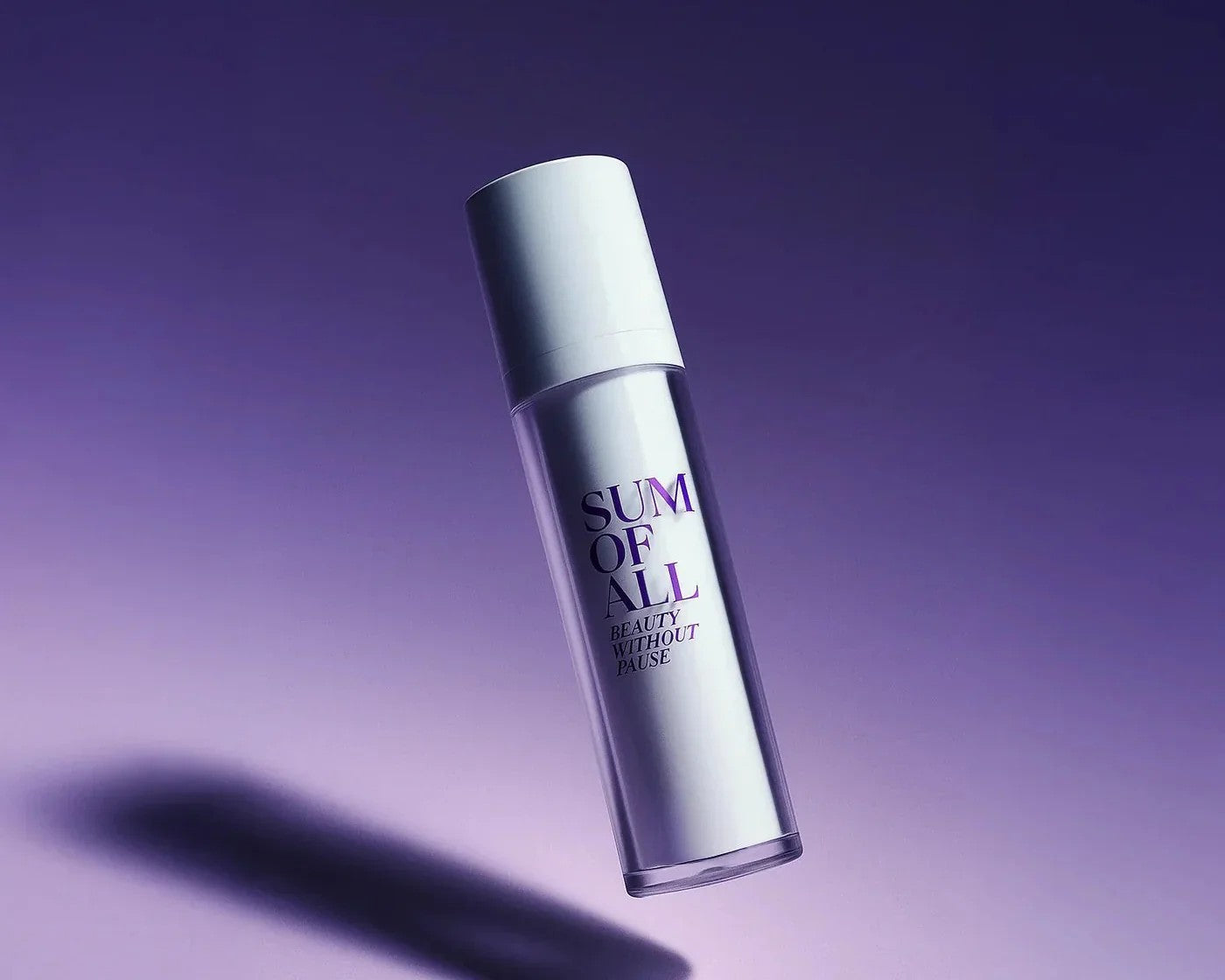
Find answers to some of the most frequently asked questions about our Energizing Day Cream and how it helps support your skin during midlife. What distinguishes a day cream from a night cream? Day ...


